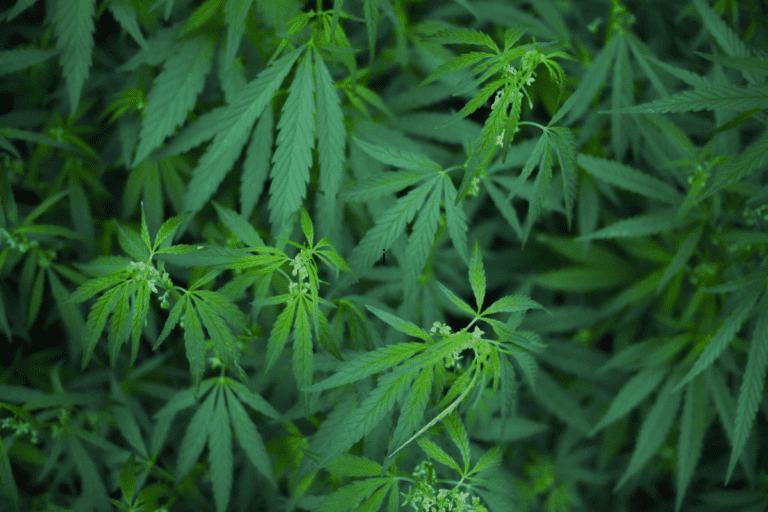A bill has been approved by the Maryland General Assembly to restrict how much authority local governments have in determining the locations of new cannabis dispensaries. This bill aims to prevent counties from imposing overly restrictive zoning regulations that surpass the laws established last year for the recreational cannabis industry in Maryland.
Currently, only holders of medical cannabis licenses have been authorized to cultivate, process, or sell recreational cannabis. The first batch of 174 new licenses was recently granted and the recipients must open their dispensaries within the next 18 months.
Some officials in counties like Carroll and Prince George’s have attempted to limit the locations of these new cannabis shops, which has raised concerns that the legal cannabis industry may struggle to thrive in those areas.
The bill that passed the Senate, mainly supported by Democrats, seeks to curb these efforts by local governments to restrict cannabis dispensary locations. There were initial objections from Prince George’s County Democrats, expressing worries about additional cannabis storefronts in neighborhoods with high concentrations of liquor stores and smoke shops.
The legislation includes provisions that aim to prevent zoning restrictions for dispensaries from being more stringent than those for retail alcohol licenses. It also allows for public protests against new locations and requires geographic distribution considerations when granting licenses.
Further discussions will be needed to reconcile differences between the Senate and House versions of the bill before the legislative session ends on April 8. The aim is to ensure that there are sufficient safeguards in place to address concerns related to cannabis dispensary locations.
Recently, the Maryland Cannabis Administration selected 174 applicants for new dispensary, grower, and processor licenses through a lottery process. These applicants, known as “social equity applicants,” were eligible for the first round of new licenses due to their connections to areas disproportionately affected by cannabis criminalization.
Notably, Baltimore was awarded the most dispensary licenses out of any jurisdiction in the state, with 11 licenses being allocated to the city.

